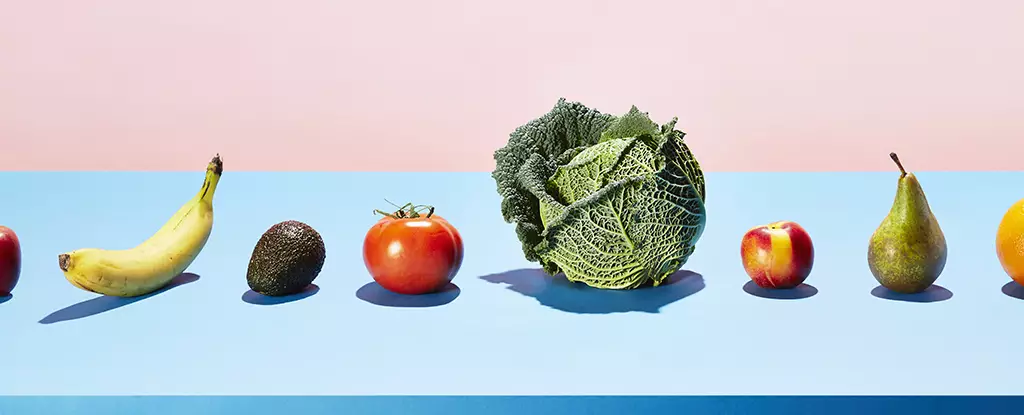Recent research has shed light on the critical role of diet in mental health, specifically focusing on the consumption of fruits and vegetables. A unique study conducted by researchers at the University of New South Wales in Australia gathered insights from a twin cohort spread across the US, Australia, Denmark, and Sweden. This study highlights an essential message: increasing the intake of fruits and vegetables could potentially mitigate the risk of depression, promoting a healthier mental state as individuals age.
The Twin Study Approach: A Window to Genetic Similarity
What sets this study apart is its reliance on a twin study framework. Twins share a significant portion of their genetic material, making them a prime subject for examining how environmental factors, such as dietary habits, influence health outcomes. The study involved 3,483 participants aged 45 and above, longitudinally tracking their dietary habits and mood over an extended period—up to 11 years. Geneticist Karen Mather emphasizes the strengths of this design, stating that it minimizes the interference of extraneous variables, such as socioeconomic status, which could skew results.
The results of the study revealed a “modest” yet noteworthy difference in depressive symptoms correlated to the participants’ dietary habits. Individuals consuming higher amounts of fruits and vegetables—averaging 2.1 and 2.0 servings respectively—exhibited fewer depressive symptoms than those with significantly lower consumption (0.3 and 0.5 servings). However, while moderate intakes showed some variance in depressive symptoms, particularly regarding vegetables, those with merely low intake exhibited negligible differences. Alarmingly, most participants consumed less than the World Health Organization’s recommended five servings of fruits and vegetables daily.
Lead study author, nutrition scientist Annabel Matison, noted the particularly low intakes prevalent in Scandinavian participants, suggesting that were these individuals to increase their consumption to recommended levels, a more substantive decline in depression scores may be observed. This points to a crucial area for further investigation and highlights the need for better dietary practices.
While the study presents compelling associations between fruit and vegetable intake and depressive symptoms, it stops short of establishing a definitive cause-and-effect relationship. Notably, other lifestyle factors, such as physical activity, were not included in the analysis, which limits the ability to draw firm conclusions. However, the significant sample size and the intelligent design bolster the credibility of the findings and suggest that a connection does exist.
The study affirmatively states that the link between higher fruit and vegetable intake and reduced depressive symptoms aligns with existing research. A growing body of evidence points to the benefits of fruits and vegetables not only for physical health but also for mental well-being.
With the age range of participants between 45 and older, this study is particularly relevant given that depressive disorders often peak among individuals aged 55 to 75. The research emphasizes that improving dietary habits could serve as a straightforward strategy for a healthier mental state among older adults. Nutritional intake appears critical in combating the onset or exacerbation of depressive symptoms in this demographic.
The findings of this twin study present a compelling argument for the promotion of a diet rich in fruits and vegetables, particularly for adults over the age of 45. The link between improved mental health and enhanced dietary practices underscores an urgent need for public health initiatives to encourage healthier eating habits. As researchers continue to explore this significant intersection between diet and mental health, integrating more fruits and vegetables into daily routines could prove to be a vital step toward not only physical health but also enhanced emotional well-being, paving the way for healthier, happier aging.


Leave a Reply